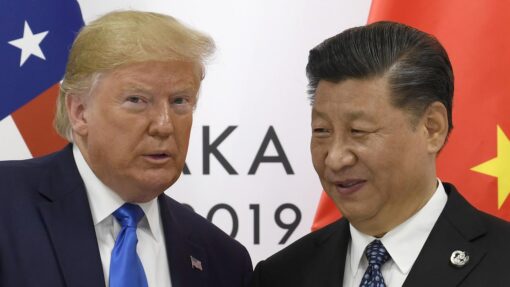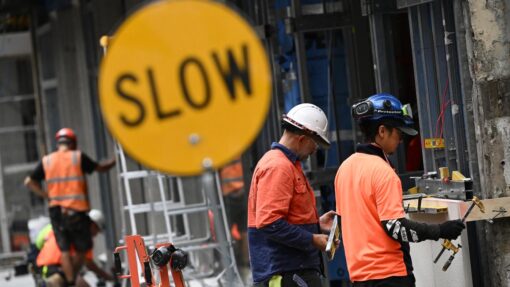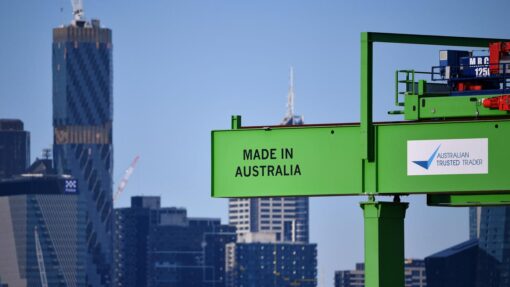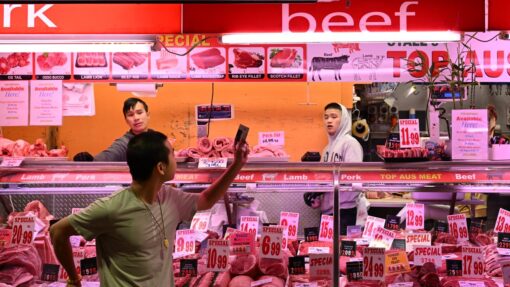Trade, investment centred as world leaders talk in Peru
Dominic Giannini |

Transitioning to cleaner energy and working to reduce food wastage will feature at a major Asia-Pacific summit as world leaders prepare to meet in Peru.
Peru is hosting the annual Asia-Pacific Economic Co-operation (APEC) between Sunday and Saturday, with Prime Minister Anthony Albanese to attend later in the summit.
Peru’s ambassador to Australia Vitaliano Gallardo has been working to bolster economic co-operation, with the South American nation pushing for more investment in its mining and critical mineral sectors.
The APEC grouping brings together more than 20 economies to promote trade and investment.
Mr Gallardo is hoping for endorsement of a roadmap on green hydrogen and regional standards to avoid food waste.
“We want to also put some thoughts in the leaders’ declaration on how to transition from an informal to a formal economy using digitalisation,” he told AAP, with large sections of Peru still underpinned by cash payments.

Peru is positioning itself as a gateway to South America and from the continent into Asia, with the opening of a new port just north of its capital Lima.
It’s working to court Australian mining giants to invest hundreds of millions of dollars across 51 projects in the pipeline through to 2035.
It has large amounts of copper and lithium which are integral for building renewable technology.
Lima wants to diversify away from a reliance on exports to China, which has $US25 billion ($A38 billion) invested in its mining and critical minerals sector, accounting for almost 30 per cent, according to its energy minister.
Unprecedented global challenges including climate change, biodiversity loss and natural resource scarcity posed a threat to the environment and economic stability, Peru’s Finance Minister Jose Arista Arbildo says.
This made investment in clean energy technology crucial as environmental sustainability and economic growth were interconnected, he said.
Mr Albanese has dismissed concerns a Trump presidency will hinder a renewables rollout, pointing to APEC and sideline meetings – including with Indonesia’s leader – as evidence of international co-operation on the issue.
Hosting APEC would provide a great opportunity to improve bilateral relationships, Mr Gallardo said.

The summit was “a useful forum for dialogue but it’s not a decision-making forum” that imposed binding agreements on members, Australian Fair Trade and Investment Network convenor Patricia Ranald said.
Dr Ranald expects a focus on the transition to renewable energy, with a broad interest in decarbonising.
“They tend to make statements on what they agree on but I think there would be a shared interest in the transition to low-carbon, green energy economies,” she told AAP.
“There’s certainly a lot of interest in mining critical minerals.”
Given there was a session during the summit focusing on Indigenous people, Dr Ranald said she hoped their rights would be put front and centre of the debate around increased mining.
AAP


